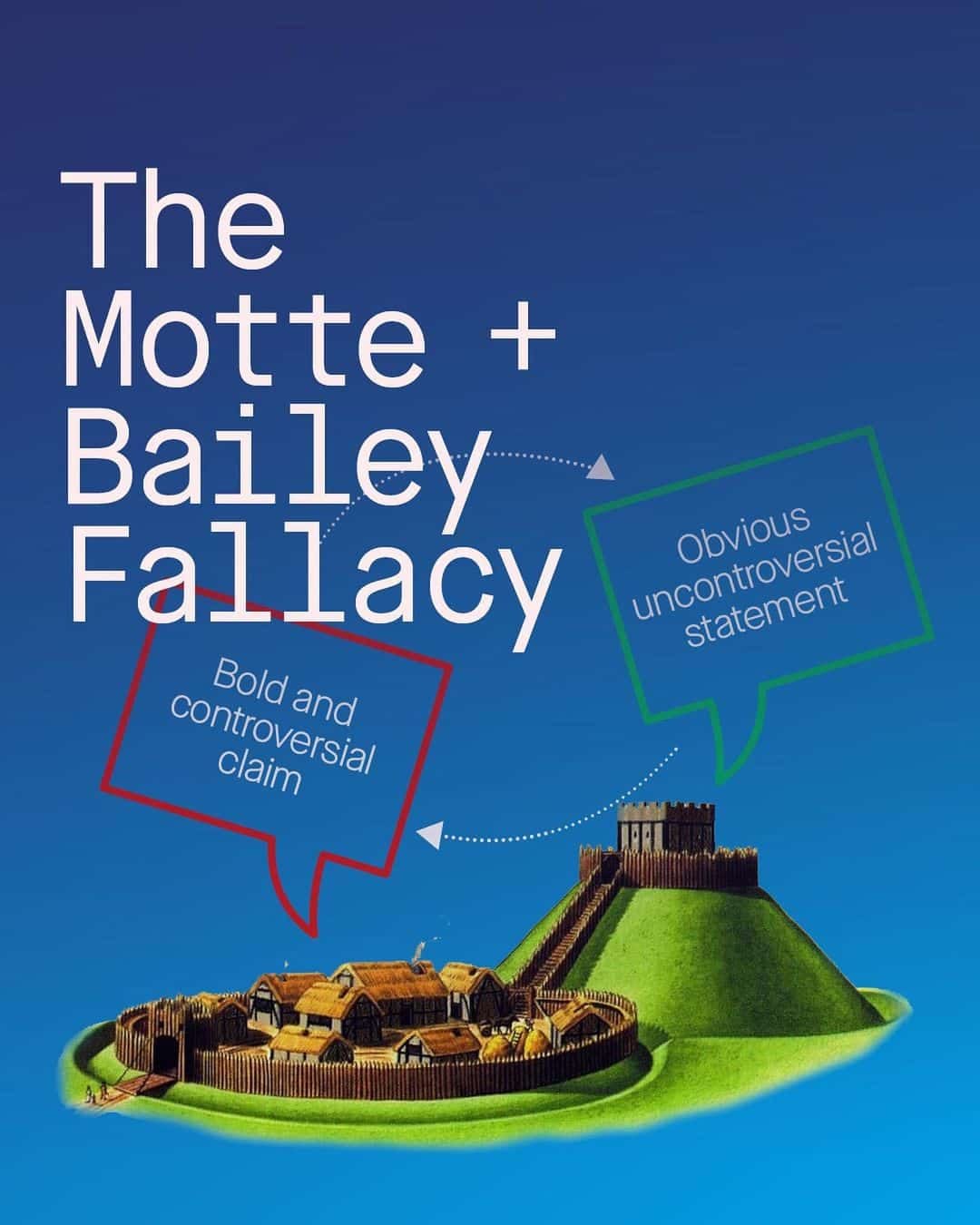Effective altruism is a logical idea, especially compared to ineffective altruism. EA thinkers discovered that development aid and charity are ineffective because they prioritize showing good over doing good.
(From one of my favorite Michael Huemer papers, summarised here)
EA criticizes the old development-industrial complex of using scare pictures to guilt-trip people into impulsively donating or redeeming unethical business practices through charity.
Now, with EA, it’s put up to the test how much good you actually do, e.g., through rigorous, numerical research & evaluation.
EA is facing more and more criticism, with some claiming it's a deceptive motte-and-bailey strategy. Others, like Freddie deBoer, call it a “shell game”.
The essence of those critiques is: It's so common sense that you can't disagree with it. As a result, it's meaningless and leads to social status games.
Scott Alexander refutes the shell game point this way:
It’s actually very easy to define effective altruism in a way that separates it from universally-held beliefs.
For example (warning: I’m just mouthing off here, not citing some universally-recognized Constitution EA Of Principles):
Aim to donate some fixed and considered amount of your income (traditionally 10%) to charity, or get a job in a charitable field.
Think really hard about what charities are most important, using something like consequentialist reasoning (where eg donating to a fancy college endowment seems less good than saving the lives of starving children). Treat this problem with the level of seriousness that people use when they really care about something, like a hedge fundie deciding what stocks to buy, or a basketball coach making a draft pick. Preferably do some napkin math, just like the hedge fundie and basketball coach would. Check with other people to see if your assessments agree.
ACTUALLY DO THESE THINGS! DON'T JUST WRITE ESSAYS SAYING THEY'RE "OBVIOUS" BUT THEN NOT DO THEM!
I wonder who has argued that giving to charities is better than other options, and doing “something like consequentialist reasoning” would even favor charitable giving all the time.
Sure it’s probably the better thing in some cases, but this assumed separation of “work is there to make money, charity is there to solve social problems” deserves scrutiny.
Part of this scrutiny should be comparison.
How about the Elon Musk way? Build businesses that solve problems in a sustainable (i.e., profitable) way. After you become successful and earn a lot of money, you keep creating larger and better businesses. It does not seem good to everyone because you can be accused of enriching yourself, but maybe it does the most good?
Magatte Wade, e.g., argues that SEZs are a solution to Africa's problems by unleashing entrepreneurship (see podcast episode here).
Some EAs have proposed this solution in fact (see here). Maybe it’s a motte-and-bailey: maybe it’s the seeding strategy for a better EA.
If it’s a motte-and-bailey, we’d have to concede that the current EA is just *not* effective (compared with better alternatives).
I do entrepreneurship in developing countries like Honduras. These places need problem-solvers. I feel welcome there as a skilled foreigner. Be humble and do not come with a savior mentality. People respect business. I don’t yet see many EAs moving out of the Bay Area to do entrepreneurship in a foreign culture (although many areas in SF are worse than many developing countries).
We know entrepreneurship solves problems sustainably. Why not do more of it? What if entrepreneurship and building enabling institutions for it is the actual EA?





To go along with you, Andy kuper defends this thesis. Here a nice video about his critics of EA and why marry profit with purpose is better : https://youtu.be/MzdBSy7KR2w?si=QRU8g83wcpzxQ1JX
Thank you for your work on Prospera etc !! And thank you for your podcast, it's very nice !
Fantastic piece. The merit of markets is that you can do the most good pursuing self-interest.